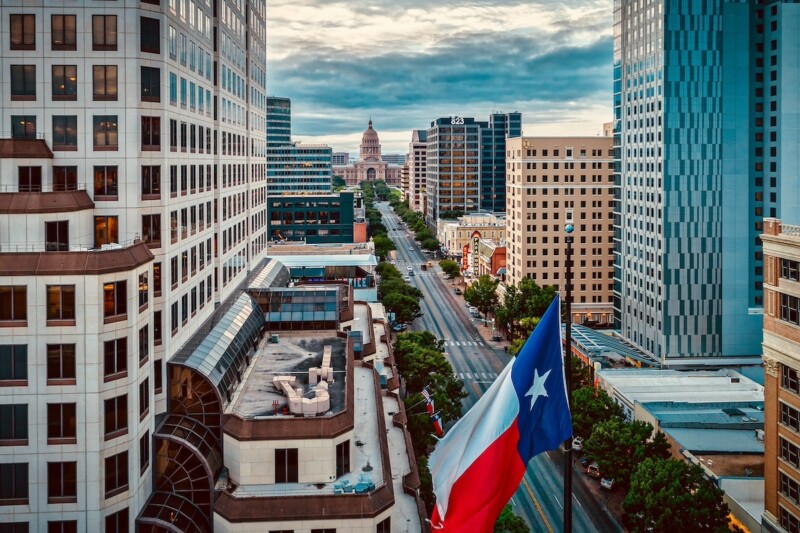The Supreme Court upended the nation's Internet marketplace last last month with a 5-4 decision in the landmark case South Dakota v. Wayfair, ruling that states can collect sales taxes from online retailers.
The ruling is seen as a victory for brick-and-mortar businesses, which had difficulty competing on price with online retailers that did not collect local sales taxes.
The decision jettisoned the court's longstanding rule that states cannot require companies without a physical presence to collect sales taxes. "The Internet's prevalence and power have changed the dynamics of the national economy," Justice Anthony Kennedy wrote. "This expansion has also increased the revenue shortfall faced by states seeking to collect their sales and use taxes."
The ruling, which overturns an earlier Supreme Court precedent, only directly affects South Dakota, which had sought to collect taxes from online retailers with more than $100,000 in annual sales or 200 transactions in the state. Thirty-one states already levy online sales taxes of some sort. It remains unclear whether the June 21 ruling will prompt them to revise their laws, or encourage the remaining 19 states to impose taxes on retailers even smaller than those affected by South Dakota's law.
The decision does not specify what types of exceptions states may impose to limit the burden on small businesses, so the ultimate impact of the ruling remains in doubt; lawyers for online retailers warned of future lawsuits to determine what businesses and consumers will have to do.
ABOUT THE AUTHOR
RELATED CONTENT
- Advertisement -
- Advertisement -
- Advertisement -
TRENDING NOW
- Advertisement -
- Advertisement -
- Advertisement -


